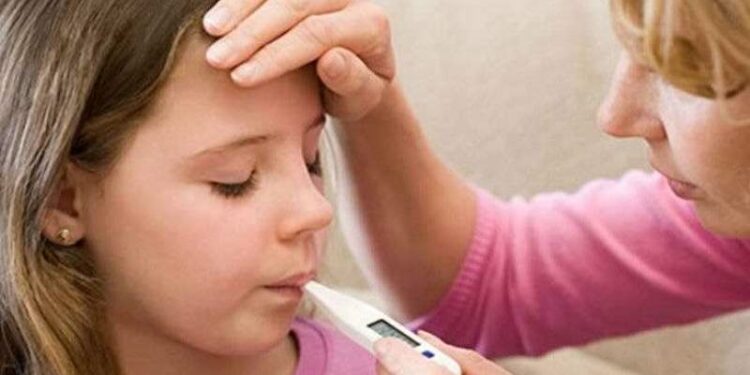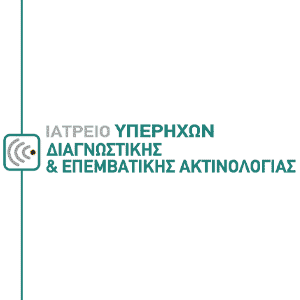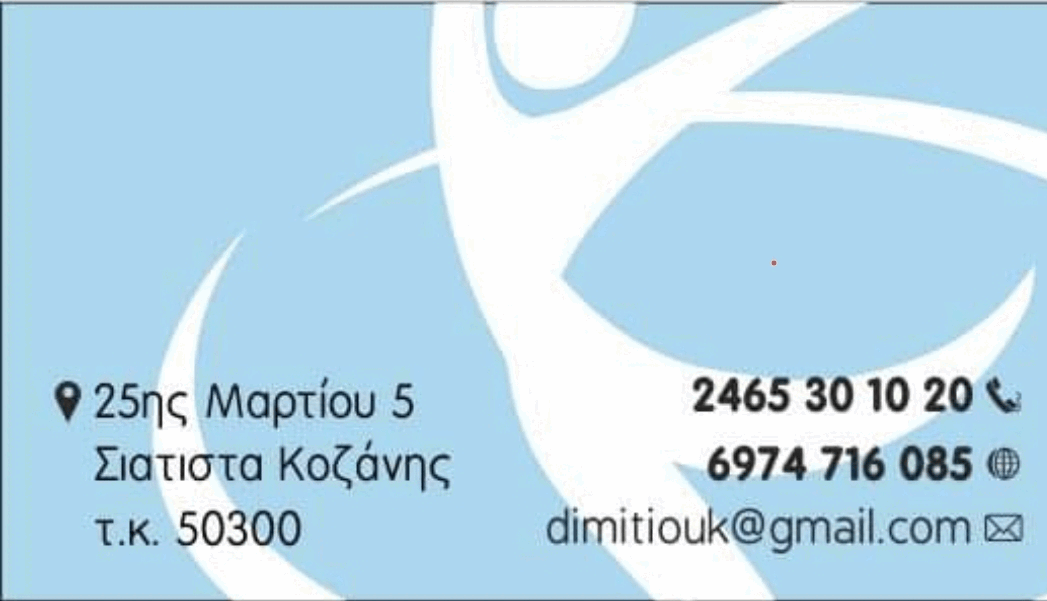Παραδοσιακά, ο Φεβρουάριος είναι ο μήνας εκείνος που «δίνει» τα περισσότερα περιστατικά μηνιγγίτιδας, κυρίως σε παιδιά, ως επιπλοκή των εποχιακών λοιμώξεων.
Φέτος, ωστόσο, με τα σχολεία να παραμένουν κλειστά λόγω κορωνοϊού- τουλάχιστον στις «κόκκινες» περιοχές- φαίνεται ότι η επίπτωση της νόσου είναι χαμηλότερη συγκριτικά με προηγούμενες χρονιές. Σε αυτό έχει βοηθήσει, βέβαια, και ο εμβολιασμός ενάντια στη χειρότερη μορφή της νόσου, τη μηνιγγίτιδα Β, που εφαρμόζεται επαρκώς τα τελευταία χρόνια. Παρ’ όλα αυτά, ο κίνδυνος παραμένει υπαρκτός.
Τα αίτια της νόσου
Μηνιγγίτιδα είναι η φλεγμονή των μεμβρανών (μήνιγγες) που περιβάλλουν τον εγκέφαλο και το νωτιαίο μυελό. Το οίδημα που συνοδεύει τη μηνιγγίτιδα προκαλεί συχνά το “σήμα κατατεθέν” των συμπτωμάτων αυτής της κατάστασης, που είναι συνδυασμός πονοκεφάλου, πυρετού και δυσκαμψίας του αυχένα.
Οι περισσότερες περιπτώσεις μηνιγγίτιδας προκαλούνται από κάποια ιογενή λοίμωξη, αλλά βακτηριακές και μυκητιακές λοιμώξεις μπορεί επίσης να οδηγήσουν σε αυτήν. Ανάλογα με την αιτία της μόλυνσης, η μηνιγγίτιδα μπορεί να περάσει από μόνη της σε μερικές εβδομάδες, αλλά σε ορισμένες περιπτώσεις μπορεί να αποδειχτεί απειλητική για τη ζωή του ατόμου και να απαιτεί επείγουσα θεραπεία με αντιβιοτικά.
Αν υποψιάζεστε ότι εσείς ή κάποιος στην οικογένειά σας έχει μηνιγγίτιδα, αναζητήστε επαγγελματική ιατρική φροντίδα αμέσως. Η έγκαιρη θεραπεία της βακτηριακής μηνιγγίτιδας μπορεί να αποτρέψει σοβαρές επιπλοκές.
Πώς θα καταλάβετε αν εσείς ή κάποιος δικός σας έχει μηνιγγίτιδα
Είναι εύκολο να μπερδέψει κανείς τα πρώιμα σημάδια και τα συμπτώματα της μηνιγγίτιδας με εκείνα της εποχικής γρίπης. Τα συμπτώματα της μηνιγγίτιδας μπορεί να αναπτυχθούν μέσα σε αρκετές ώρες ή πιο σταδιακά σε 1-2 ημέρες.
Τα συμπτώματα αυτά μπορεί να εμφανιστούν σε οποιοδήποτε άτομο ηλικίας άνω των 2 ετών περιλαμβάνουν:
- Ξαφνικός υψηλός πυρετός
- Σοβαρός πονοκέφαλος που δεν μοιάζει με άλλους τύπους πονοκεφάλου που είχατε στο παρελθόν
- Πόνος στον αυχένα και δυσκολία των κινήσεων στον λαιμό
- Έμετος ή ναυτία με πονοκέφαλο
- Σύγχυση ή δυσκολία συγκέντρωσης
- Κρίσεις επιληψίας
- Υπνηλία ή δυσκολία να ξυπνήσετε
- Ευαισθησία στο φως
- Μειωμένη όρεξη
- Δερματικό εξάνθημα (σε ορισμένες περιπτώσεις, όπως στην μηνιγγοκοκκική μηνιγγίτιδα)
Συμπτώματα σε νεογέννητα μωρά
Τα νεογνά και τα βρέφη μπορεί να μην εκδηλώσουν τα τυπικά συμπτώματα του πονοκεφάλου και της δυσκαμψίας στον αυχένα. Αντ’ αυτού, τα σημάδια της μηνιγγίτιδας σε αυτή την ηλικιακή ομάδα μπορεί να περιλαμβάνουν:
- Υψηλό πυρετό
- Κλαίνε αδιάκοπα
- Υπερβολική υπνηλία ή ευερεθιστότητα
- Αδράνεια ή νωθρότητα
- Μειωμένη όρεξη
- Εξόγκωμα στο μαλακό σημείο στην κορυφή του κεφαλιού
- Ακαμψία στο σώμα και τον λαιμό
Πότε πρέπει να δείτε ένα γιατρό
Αναζητήστε ιατρική φροντίδα αμέσως εάν εσείς ή κάποιος στην οικογένειά σας έχει σημάδια ή συμπτώματα μηνιγγίτιδας, όπως:
- Πυρετό
- Σοβαρή, αδυσώπητη κεφαλαλγία (πονοκέφαλος)
- Σύγχυση
- Εμετό
- Δυσκαμψία στον αυχένα
Η ιογενής μηνιγγίτιδα μπορεί να βελτιωθεί χωρίς θεραπεία, αλλά η βακτηριακή μηνιγγίτιδα είναι σοβαρή, μπορεί να έρθει απότομα και απαιτεί άμεση θεραπεία με αντιβιοτικά για πιο ταχεία ανάρρωση. Η καθυστέρηση στην έναρξη θεραπείας για την βακτηριακή μηνιγγίτιδα αυξάνει τον κίνδυνο μόνιμης βλάβης του εγκεφάλου ή και θανάτου. Η βακτηριακή μηνιγγίτιδα μπορεί να αποβεί μοιραία για το άτομο μέσα λίγες ημέρες.
Δεν υπάρχει τρόπος να γνωρίζετε τι είδους μηνιγγίτιδα έχετε εσείς ή το παιδί σας χωρίς να σας δει ο προσωπικός ή οικογενειακός σας γιατρός και να σας κάνει τις απαραίτητες εξετάσεις.
Πηγή: eleftherostypos.gr































